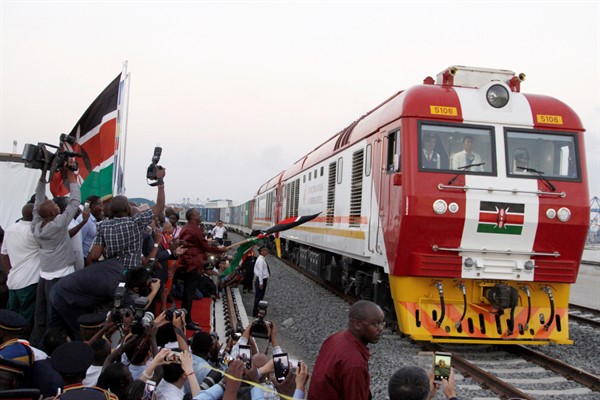The coming crisis of American power that is sure to follow the November election will be unique in U.S. history. Competing with China, Russia and whatever other major rivals may emerge will be less about aircraft carriers, fighter jets, nuclear submarines and stealth bombers than ever before, and more about helping other governments meet the vital needs of their citizens. Although the United States suddenly has much less of a hard power edge than it once did, due to China’s rapid and ambitious modernization of its military, and particularly its navy, Americans should treat skeptically the calls that are bound to begin multiplying soon to match Beijing ship for ship. It should focus instead on soft power and public goods.
That’s because the United States has also seen a sharp recent erosion of another important traditional competitive advantage: its advocacy of values that many consider universal, like human rights, democratic governance and the impartial rule of law. The country has not only abandoned its active advocacy of such things during the presidency of Donald Trump, it has ceased providing much of an example through its own politics.
A return to this past source of strength will certainly not come automatically, but a Joe Biden win in November would at least open the possibility of regaining some of this lost ground. It is a safe bet that this would be an early priority for the former vice president, who would also pursue high-level and persistent efforts to bolster relationships with traditional U.S. allies, especially in Western Europe and Northeast Asia. One advantage of this approach, among others, is that it wouldn’t cost much in terms of budgetary outlays at a time when America is still suffering from its disastrous handling of the COVID-19 pandemic, and as the national debt is soaring.

